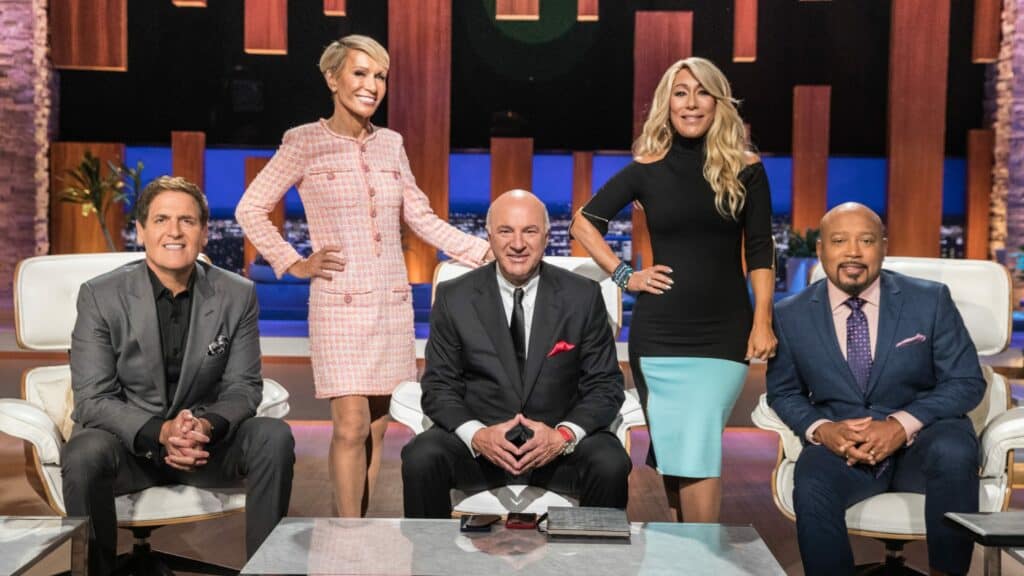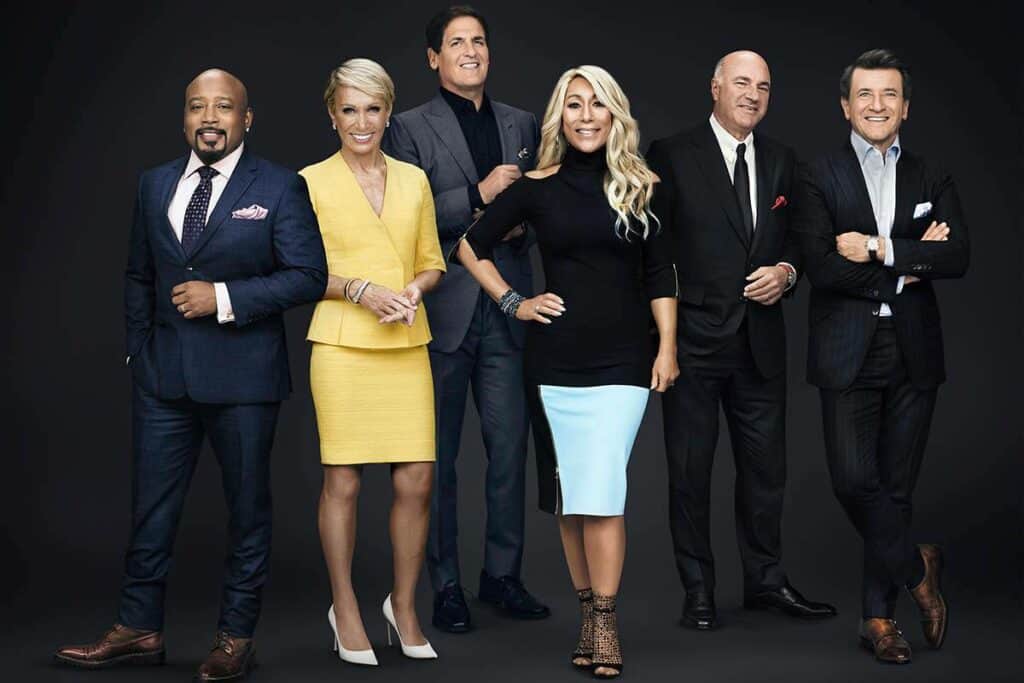Shark Tank is a popular television show where small business owners and entrepreneurs pitching their ideas to successful investors, the Sharks. Sometimes, a company will get an investment from one or two Sharks and end up making millions of dollars. Many of those products are now household names. You may have even purchased a product or two and not realized it was featured on Shark Tank.
However, many of the products don’t receive offers from the Sharks. True, it can be devastating for the business owners, but it’s definitely not the end of the road. In many cases, ideas featured on Shark Tank that didn’t get a deal end up being extremely successful. If a concept is good, a business can get a considerable amount of customers just because of their television exposure. Read on to learn about ideas that failed on Shark Tank but ultimately became successful.

1. All About Shark Tank
Shark Tank premiered on ABC in 2009. Its concept is based on a show called Dragon’s Den that originated in Japan. On the show, a panel of five Sharks, or investors, listen to business presentations made by entrepreneurs in the hopes of getting financial investments in their growing companies.

Sharks featured on the show include Dallas Mavericks owner Mark Cuban, QVC Maven Lori Greiner, and “Mr. Wonderful” Kevin O’Leary. It’s reported that less than 20 percent of the deals made on Shark Tank ever come to fruition. Most of the time, deals that disappear are due to buyer’s remorse from the small business owner or that they only made an appearance on the show to get publicity for their business.
